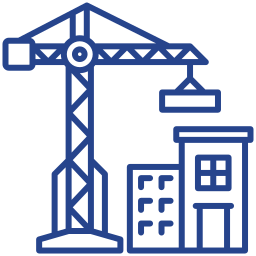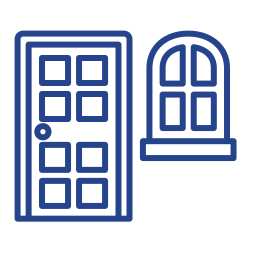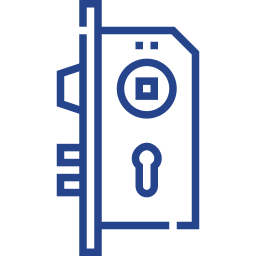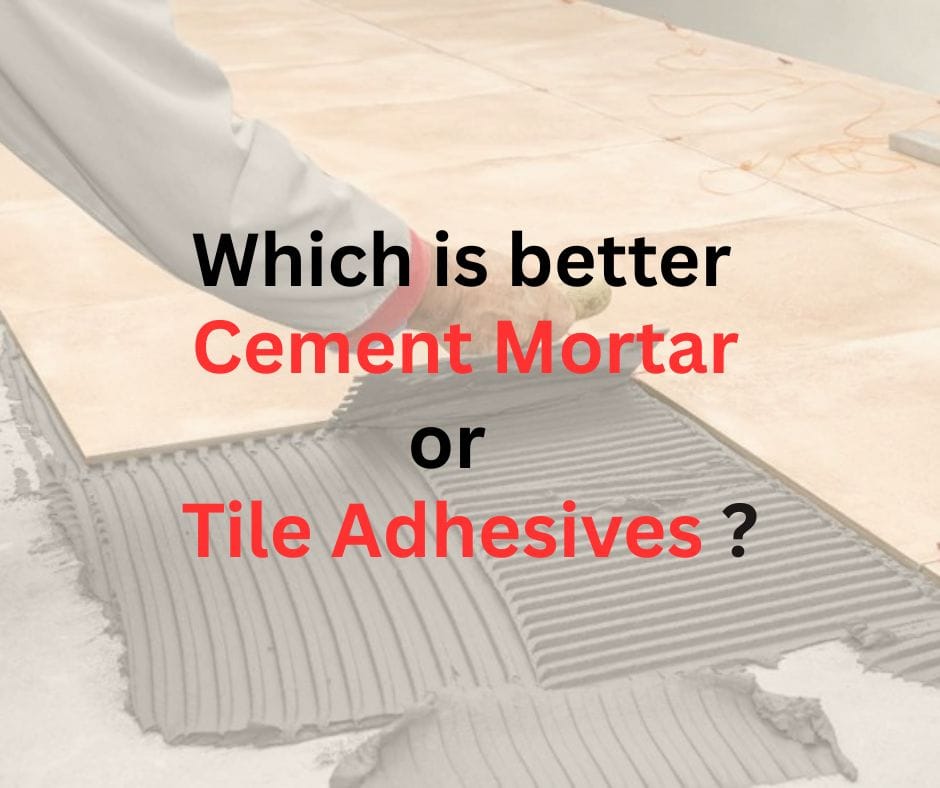Choosing the Right Tile Fixing Material for Your Construction Work.
Tiling is more than just a finishing touch — it defines the aesthetics, durability, and performance of any modern living or commercial space. From residential floors and walls to large-scale commercial and industrial projects, the quality of tile fixing plays a critical role in the success of any construction endeavor.
Traditionally, cement mortar has been the go-to solution for tile installation in India. However, with the rapid advancement in construction materials and growing consumer demand for higher precision, efficiency, and durability, tile adhesives are quickly becoming the preferred choice for both professionals and homeowners.
In this blog, we will compare tile adhesives and cement mortar, explore their pros and cons, understand their relevance in the Indian building material market, and help you make an informed decision for your next tiling project.
Understanding the Basics
What is cement mortar?
Cement mortar is a mixture of ordinary Portland cement, sand, and water. It has been used for decades to fix tiles, especially in low-rise residential projects. The mixture is prepared manually at the construction site and applied to the surface before laying tiles.
What is tile adhesive?
Tile adhesive is a pre-mixed polymer-modified blend of cement, additives, and fine sand, designed to bond tiles more effectively to various surfaces. These come in dry powder form and are mixed with water before application. Some adhesives are also available as ready-to-use pastes.
Comparison: Tile Adhesives vs. Cement Mortar
Let’s deep dive into key aspects that differentiate these two tile-fixing solutions:
1. Bonding Strength
- Cement Mortar: The bond is mechanical and depends heavily on surface preparation and the porosity of both substrate and tile. There’s a higher chance of hollow spaces under tiles, leading to future detachment.
- Tile Adhesive: Offers stronger chemical bonding, ensuring a secure grip between the tile and substrate. The adhesive spreads uniformly, significantly reducing hollowness.
Winner: Tile Adhesive
2. Time Efficiency
- Cement Mortar: Requires site mixing, proper curing, and a longer setting time. Tiles cannot be grouted or walked upon immediately.
- Tile Adhesive: Saves a considerable amount of time due to ready-mix application, faster setting, and fewer curing needs. Some adhesives allow grouting within 24 hours and light foot traffic shortly after.
Winner: Tile Adhesive
3. Application Versatility
- Cement Mortar: Limited to fixing ceramic or vitrified tiles on floors. It’s not suitable for vertical surfaces, glass tiles, or large-format tiles.
- Tile Adhesive: Highly versatile and available in various grades to suit different applications — from wall to floor, ceramic to vitrified, marble to granite, and even underwater installations like swimming pools.
Winner: Tile Adhesive
4. Load Bearing and Durability
- Cement Mortar: May weaken under heavy load or moisture exposure. The shrinkage during drying can lead to cracks or debonding over time.
- Tile Adhesive: Enhanced durability due to flexible polymers and low shrinkage. Adhesives absorb structural movement better, ensuring long-term stability.
Winner: Tile Adhesive
5. Wastage and Coverage
- Cement Mortar: High wastage of material due to on-site mixing errors. Uneven surface application often leads to poor coverage and tile breakage.
- Tile Adhesive: Low material wastage. It spreads evenly using notched trowels, ensuring maximum coverage with minimal material usage.
Winner: Tile Adhesive
6. Aesthetic Finish
- Cement Mortar: Difficult to achieve level surfaces, especially on walls. Tile edges may protrude, and surface undulations are common.
- Tile Adhesive: Ensures a smoother, flush finish with consistent spacing and level across the surface. Suitable for narrow grout lines and modern aesthetics.
Winner: Tile Adhesive
Relevance in the Indian Market
Why Indian Builders Are Shifting to Tile Adhesives
India’s construction industry is experiencing a paradigm shift towards modern construction materials. Rapid urbanization, rising disposable incomes, and the influence of global design trends are driving demand for high-performance solutions.
Manufacturers like Roff (Pidilite), MYK Laticrete, Fosroc, Ardex Endura, and Weber are actively educating the market and offering a range of adhesives tailored for Indian conditions, from high-humidity coastal regions to high-temperature zones.
Furthermore, with the BIS standards (IS 15477:2019) now classifying tile adhesives for different performance needs (Type 1 to Type 5), the adoption is becoming more standardized and regulated.
Segment-wise Adoption
- Luxury Housing and Commercial Projects: Almost 90% of these projects prefer adhesives for precision and long-lasting aesthetics.
- Retail Homebuyers: Still in transition; Tier 2 and Tier 3 cities are gradually embracing adhesives, especially for wall tiles and bathrooms.
- Government & Infrastructure Projects: Adhesives are gaining traction in metro rail, airports, and hospital constructions due to faster execution and reliability.
When Should You Use Cement Mortar?
Despite the advantages of tile adhesives, cement mortar still has its place in the market:
- For budget-conscious rural projects
- Where basic ceramic tiles are being installed in low-load areas
- When labor is not trained in adhesive application methods
- For internal floor installations with low moisture exposure
However, even in these cases, the savings from cheaper mortar may be offset by long-term maintenance and rework costs.
Cost Comparison: A Common Myth Busted
While tile adhesives may appear more expensive upfront, they offer better coverage per kg, reduced labor costs, and zero rework expenses. Cement mortar, on the other hand, may cost less per bag, but the inconsistency in quality, higher wastage, and labor intensity make it less economical in the long run.
Investing in tile adhesives is not a cost but a value-added decision.
Conclusion: Which One Should You Choose?
The verdict is clear — tile adhesive is the better choice for modern tile-fixing requirements, especially in India's evolving construction landscape. It aligns with the goals of quality, durability, speed, and aesthetic appeal.
However, cement mortar can still be used in specific low-end applications where budget is a critical factor and where quality compromise is acceptable.
Final Recommendation
If you're a homeowner, architect, contractor, or builder working on tiling projects — especially in areas like bathrooms, kitchens, external façades, or swimming pools — switch to tile adhesives for better performance and peace of mind.
✅ Ready to Upgrade Your Tile-Fixing Game?
Visit www.easybuild.com today to explore a wide range of tile adhesives from top Indian and global brands — available at competitive prices, with doorstep delivery and expert support.
📱 Shop Online or 📍 Visit our experience center in Meerut to get personalized tile-fixing recommendations tailored to your project.
Let your tiles stay firm, flawless, and future-ready — the Easy Build way!
Blog Authored by Nimish Kumar Agarwal on behalf of Easy Build











